Moutan Extract
#moutan #anti-oxidant #anti-inflammatory
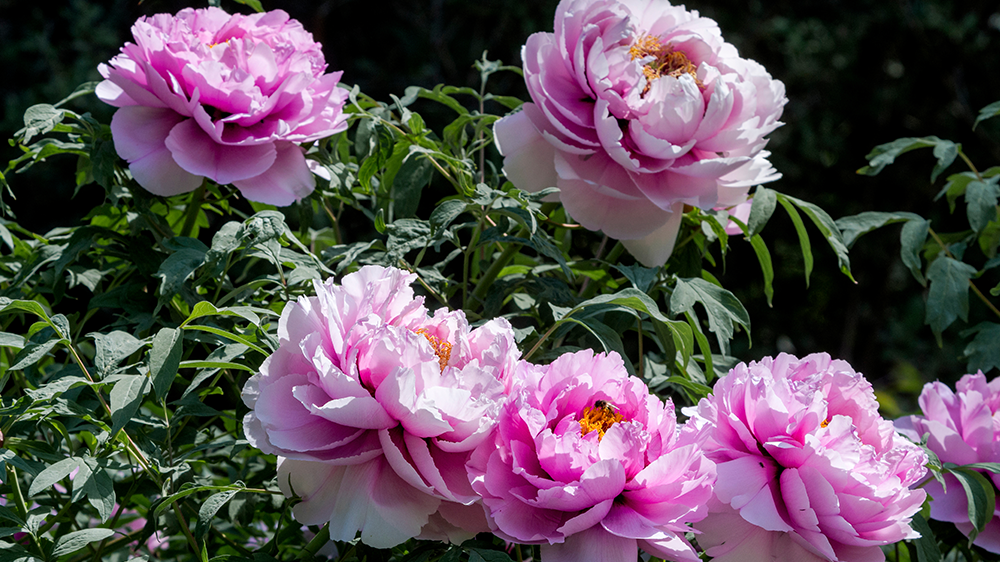
- INCI Name
- Paeonia Suffruticosa Root Extract
- IECIC Name
- PAEONIA SUFFRUTICOSA ROOT EXTRACT
- Efficacy
- Anti-aging, Anti-oxidant, Anti-allergy, Anti-inflammation
- Certification
-

Paeonia suffruticosa, also known as moutan or tree peony, is a flowering shrub with large fragrant flowers native to China. The genus is named after the mythical Greek figure Paeon. Legend tells us that Paeon was saved from death by being turned into a peony plant.
P. suffruticosa root is important in Traditional Chinese Medicine, with its use recorded in China's Pharmacopoeia. It is indicated as a sedative, analgesic, and anti-inflammatory agent. These actions are thought to be attributed to the biochemically active paeoniflorin partly. The significant anti-oxidant activity has also been reported via the actions of flavonoids located in the moutan’s root cortex, which, as well as reducing damage caused by ROS and RNS, also interrupt melanin formation. Paeonol and quercetin are thought to be at least partially responsible for the anti-oxidant actions. Additionally, paeonol has been isolated as the active anti-allergic component.
- Recommended Product
-
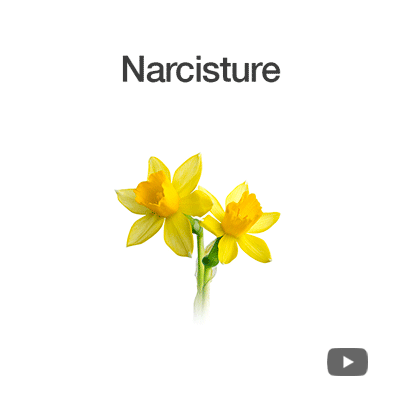 #narcisture #anti-inflammatory #skin moisturizing Narcisture
#narcisture #anti-inflammatory #skin moisturizing NarcistureNarcissus Tazetta Bulb Extract
-
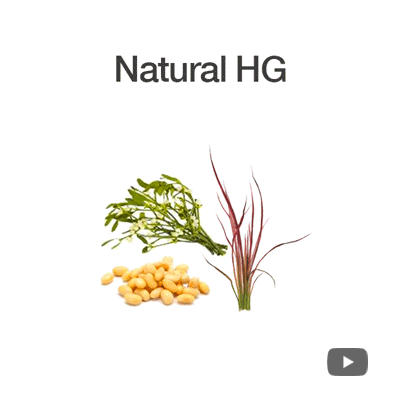 #3 TKM plants #skin moisturizing #skin soothing Natural HG
#3 TKM plants #skin moisturizing #skin soothing Natural HGSaccharomyces/Viscum Album (Mistletoe) Ferment Extract, Lactobacillus/Soybean Ferment Extract, Saccharomyces/Imperata Cylindrica Root Ferment Extract
-
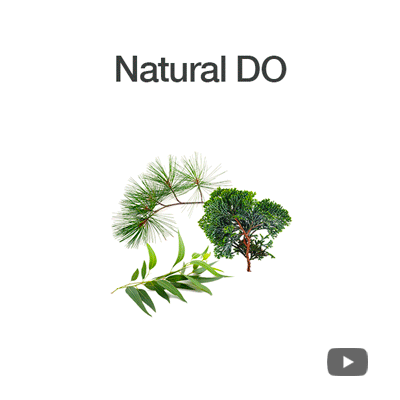 #3 leaves #anti-microbial #anti-oxidant Natural DO
#3 leaves #anti-microbial #anti-oxidant Natural DOChamaecyparis Obtusa Leaf Extract, Eucalyptus Globulus Leaf Extract, Pinus Densiflora Leaf Extract
-
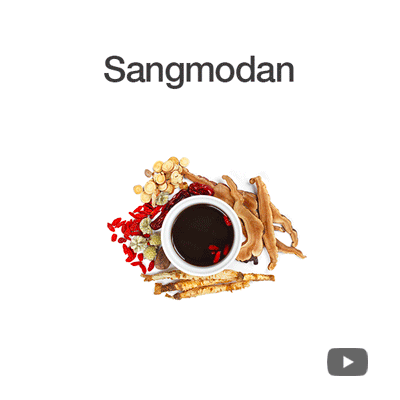 #11 TKM plants #anti-oxidant #hair growth Sangmodan
#11 TKM plants #anti-oxidant #hair growth SangmodanSophora Flavescens Root Extract, Capsicum Annuum Fruit Extract, Lycium Chinense Fruit Extract, Camellia Sinensis Leaf Extract, Angelica Gigas Root Extract, Angelica Dahurica Root Extract, Rubus Coreanus Fruit Extract, Morus Alba Root Extract, Pinus Palustris Leaf Extract, Lithospermum Erythrorhizon Root Extract, Polygonum Multiflorum Root Extract
- Product Inquiry







